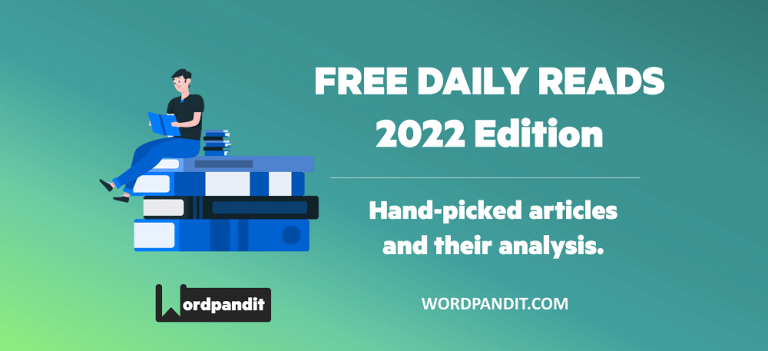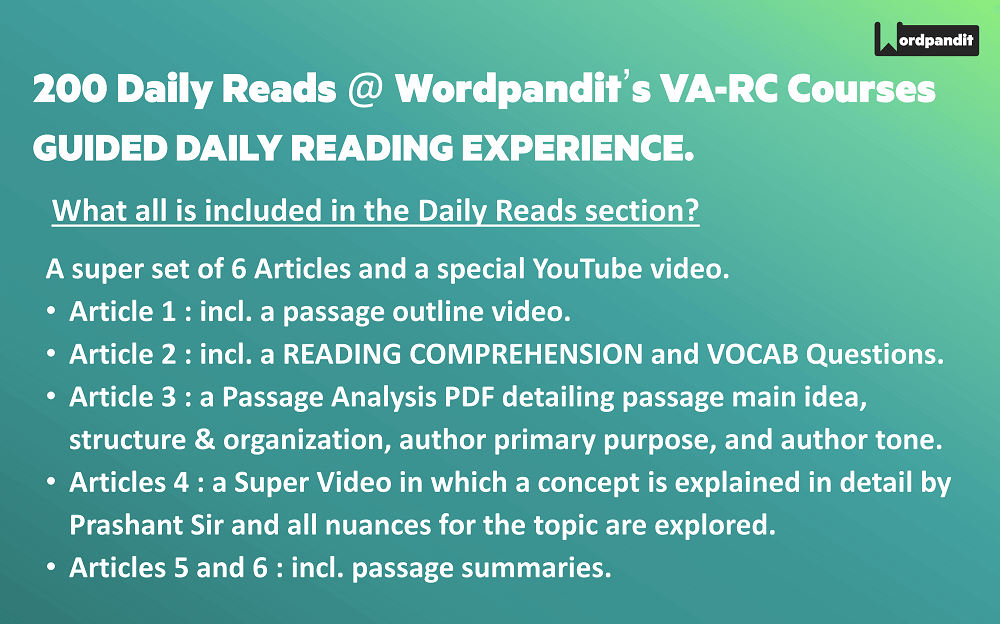Article Title: Why do authors have to be ‘moral’? Because their publishing contracts tell them so
Article Summary
This article is a philosophical piece of writing where the author attempts to explain with the help of several illustrations whether we should avoid other’s abhorrent beliefs. When we realise that some beliefs may alter our cognitive perspective and in turn result in our loss, we tend to avoid those beliefs. The author gives an example of a spy who knows that she might have to assume the abhorrent beliefs of a lot of people that she might encounter. She then has the choice of preventing herself from such beliefs. But when a climate-change skeptic says that climate change is a hoax, and decides not to enrol in an oceanography course, his reason for avoiding the abhorrent belief is not similar to that of the spy’s. When a spy knows that she would have to encounter a group of extremists, she is sure that she is bound to have access to abhorrent ideas, and so she has a good reason to avoid an encounter with them. But, when a climate-change skeptic chooses not to enrol in an oceanography course because climate change is a hoax, he is wrong in not enroling in the course, because he doesn’t know whether it really is a hoax or not; he just thinks that way when the fact says otherwise. But in the case where one believes that one is right despite the fact saying otherwise, then one would think that their choice is correct and true as per their beliefs and facts.
Article Link: Click here to read the full article
Words to learn from this Article:
Cognitive perspective – concerned with understanding mental processes such as memory, perception, thinking, and. problem solving, and how they may be related to behavior
Abhorrent – inspiring disgust and loathing; repugnant
Presupposition – a thing tacitly assumed beforehand at the beginning of a line of argument or course of action
Skeptic – a person inclined to question or doubt accepted opinions
Hoax – a humorous or malicious deception
Dogmatic – inclined to lay down principles as undeniably true
Closed-minded – having a mind firmly unreceptive to new ideas or arguments
Infiltrate – enter or gain access to (an organization, place, etc.) surreptitiously and gradually, especially in order to acquire secret information
Want more Daily Reads? Explore here:















